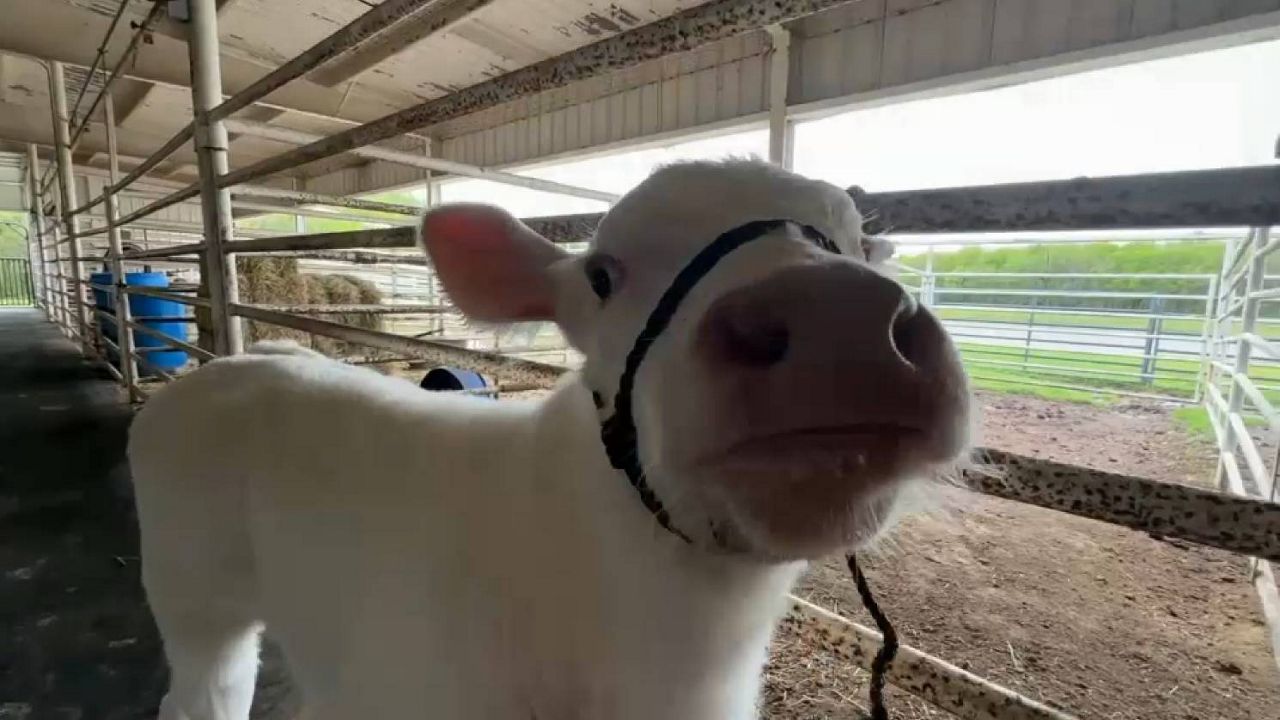SAN ANTONIO — Alex and Brenda Sarmiento’s restaurant El Pastor es Mi Señor is a love letter to Ciudad de Mexico—Mexico City.
“Because there wasn’t really a pastor place serving Mexico City-style tacos,” Brenda Sarmiento said.
Every slice of pork falling from the “trompo” into the tortilla is an opportunity for these siblings to give San Antonio a taste of their home.
They also own Yellowfish Sushi, another business honoring Mexico City.
“It’s one of those things that is everywhere, but nobody associates Mexico City with sushi,” Alex Sarmiento said.
Honoring their home cuisine comes at a cost, from the cost of ingredients to taxes, specifically inventory taxes.
“I just had this conversation with my accountant because of the equipment. We already paid taxes on that equipment,” Sarmiento said.
Texas is one of nine states that taxes businesses on their inventory.
The Lone Star State defines inventory as anything used in the production of income, such as furniture, machinery and supplies.
They’ve tried saving money by owning their own delivery vehicles, but even that gets taxed. But relief could soon come with House Bill 9.
If passed, up to $250,000 of businesses’ inventory would be exempt from the tax. Right now, only up to $2,500 is exempt.
Ernie Bradly, who owns the Cherrity Bar, says it’s time for a change.
“The conversation used to always be ‘how do you build sales?’” Bradley said. “Now, 60% of the conversation is about ‘how do we control costs?’”
He’s seen his taxes and cost of goods soar, forcing him to raise prices on ramen and be minimal, like getting rid of linen tablecloths and linen napkins.
“We harvest all of the animal fat off of the animals we butcher. We take the skins and boil them down to make a Filipino dish, ‘sitsaron manok,’” Bradley said.
Bradley and the Sarmientos say HB 9 can be the break small businesses need.
“Every penny saved helps. Pennies make dollars,” Bradley said.
Alex Sarmiento agrees.
“Anything helps, anything helps, especially in this time of uncertainty,” Alex Sarmiento said.











